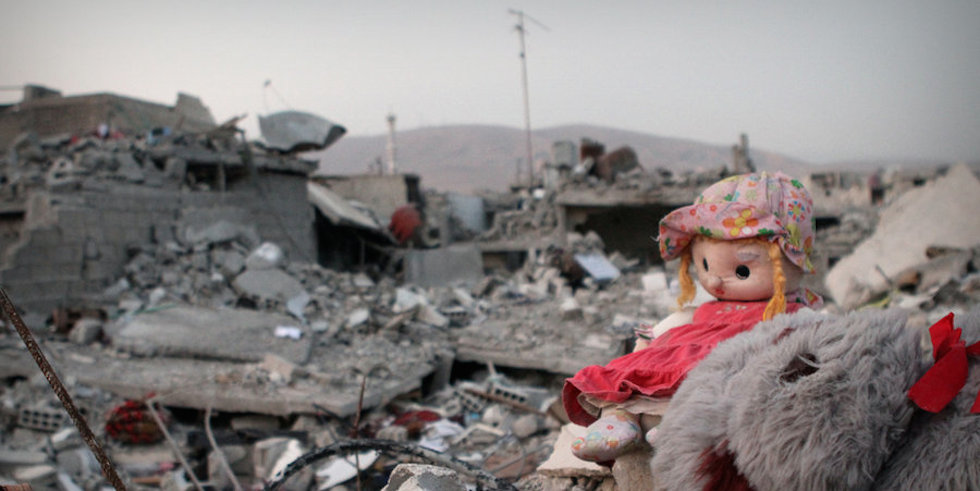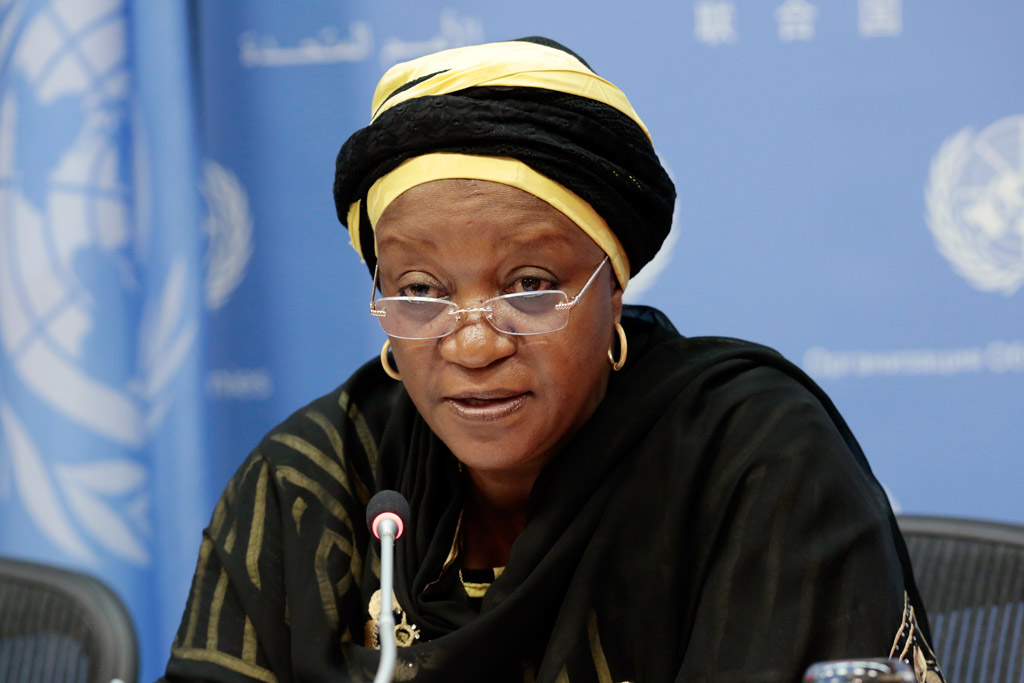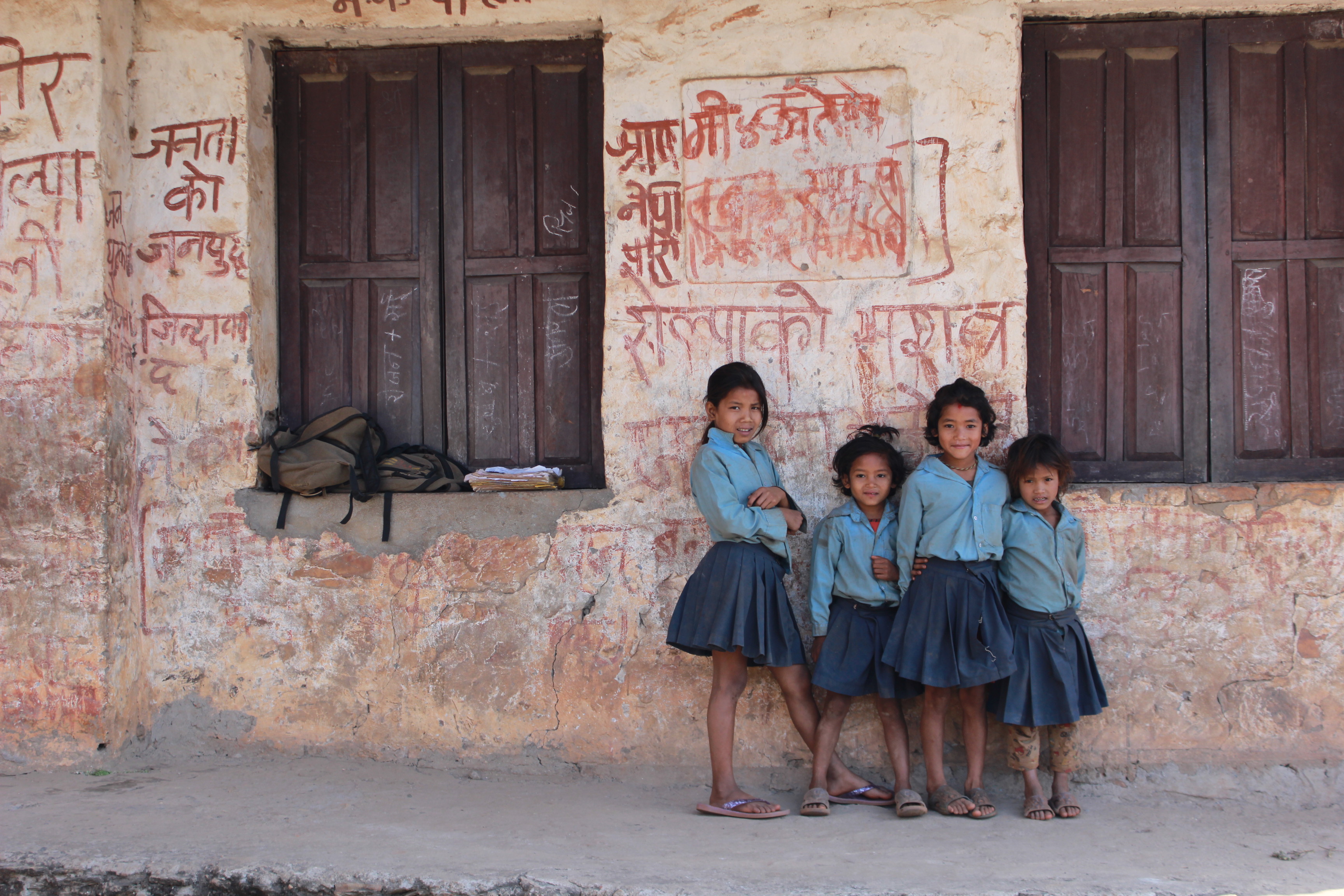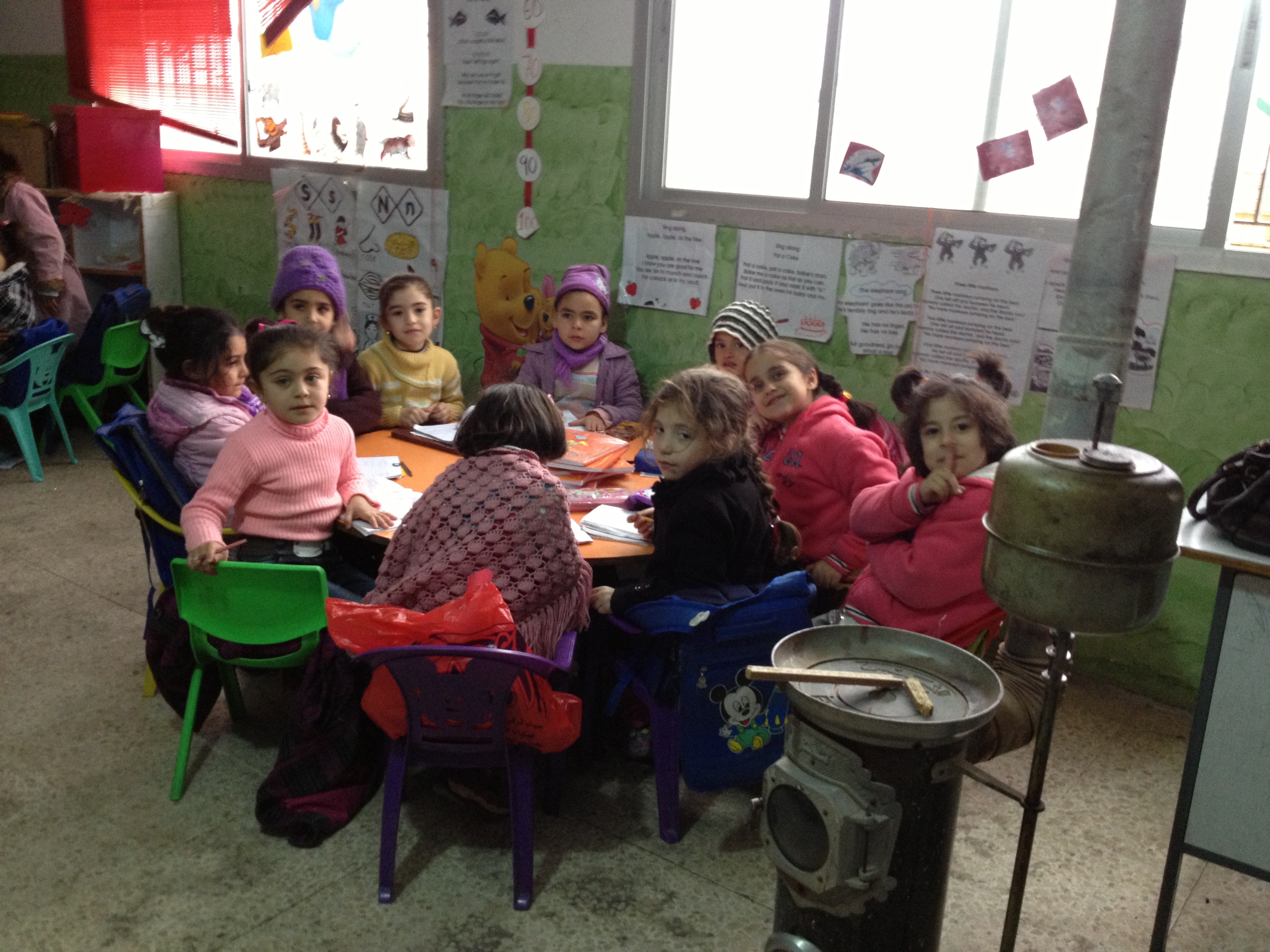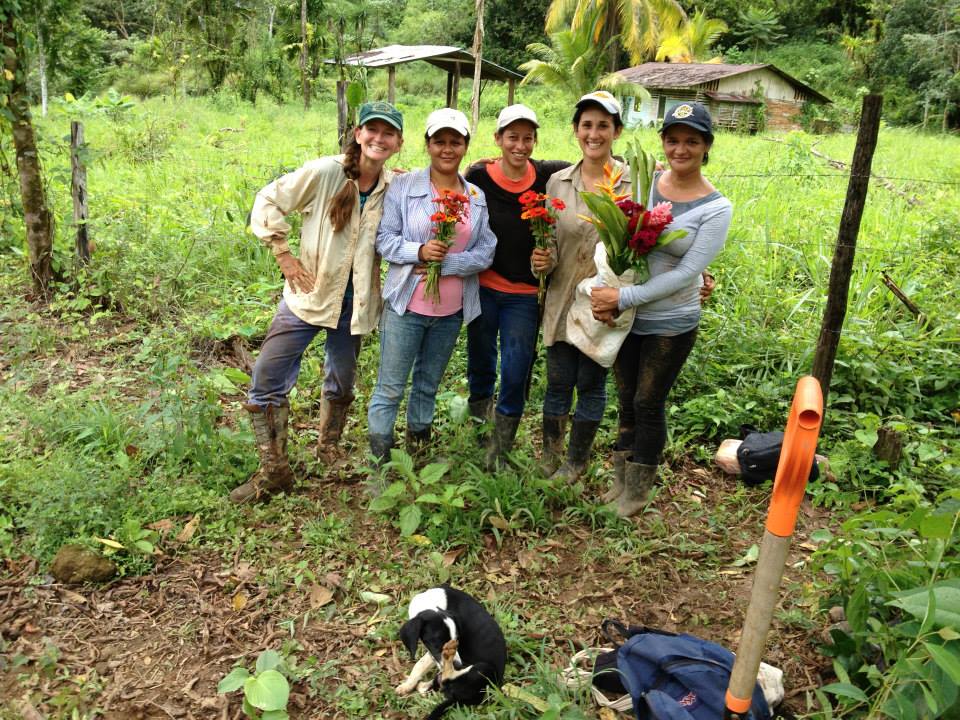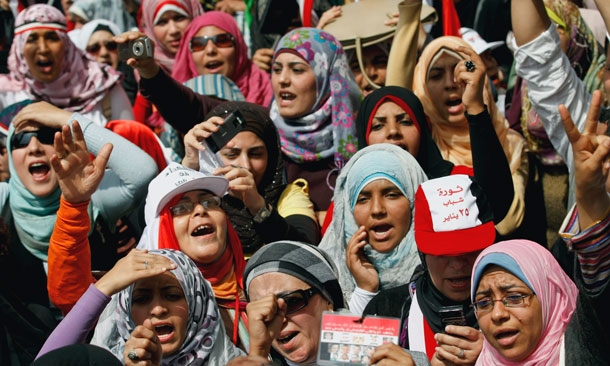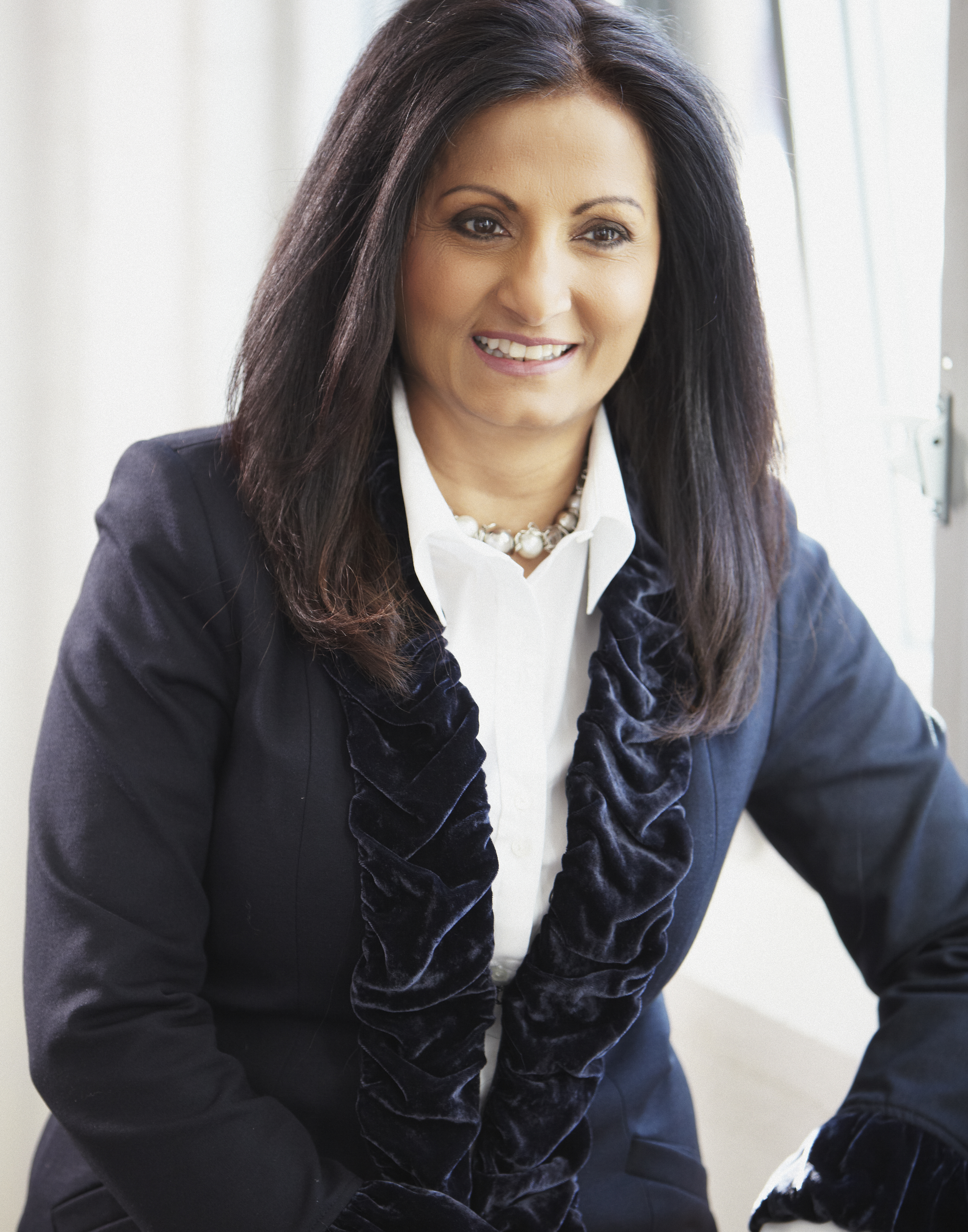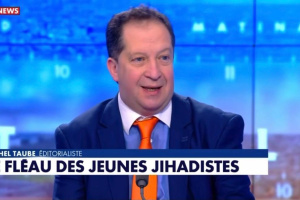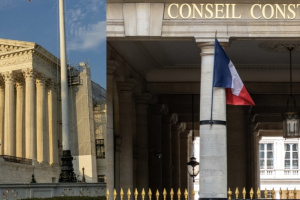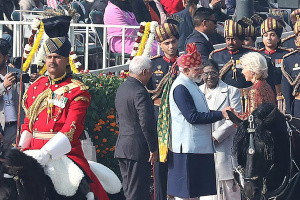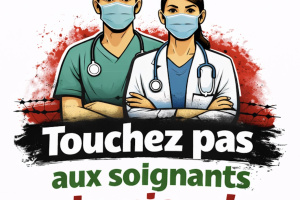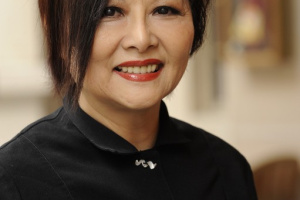As the Global Summit to end sexual violence in conflict comes to a close today, it is worth remembering the common demands that filled through the ExCel Centre in London all week: more accountability, less impunity and implementation to bring justice.
Since Monday, British Foreign Secretary William Hague has been co-hosting the Global Summit to end sexual violence in conflict with Special Envoy to the UN Angelina Jolie. The Summit has been an opportunity to raise awareness about the surge of sexual violence that wars bring in their wake and to launch the International Protocol on the Documentation and Investigation of Sexual Violence in Conflict.
The Protocol is intended to represent a « turning point » in the fight against sexual violence in conflict. Through it, governments hold the practical means to stop impunity which too many perpetrators benefit from. It guides the judiciary systems through collecting quality evidence, taking testimonies in a sensitive manner, identifying witnesses and survivors, offering them confidentiality and storing the information.
The human rights organisation Amnesty International commends this initiative. « Some concrete achievements at this week’s summit have been the launch of a new international protocol on investigating crimes and the UK’s announcement of a 6 million pound contribution to be split among organisations, some of which include the Trust Fund for Victims of the International Criminal Court, » says Stephanie Barbour, Head of the AI Centre for International Justice.
Raising awareness is a first step
Meanwhile, over 100 NGOs were gathered at the Fringe Summit and exchanged best practices and their views on the challenges to end sexual violence in conflict.
ABColombia, for instance, portrayed to the public the 54,410 Colombian women who are victims of sexual violence each year. Mostly perpetrated by paramilitary groups, these cases are under-reported and under-investigated. With the Protocol, the organisation hopes to see the government of Colombia effectively fight against impunity, which is their biggest challenge to day.
The international community, spearheaded by the United Nations, must hold countries to account in order to ensure they implement the Protocol. The Royal Commonwealth Society has documented cases of « hidden violence » – child marriage, domestic violence, sexual violence in conflict – happening in Commonwealth countries, as a first step towards recognition and prosecution of the crimes.
The Summit also marked the occasion for Nobel Peace laureates to launch the International Campaign to Stop Rape and Gender Violence in Conflict. Under the Survivors United for Action network, they intend to engage with policymakers at local, regional and international levels, offering logistical support to prosecute the perpetrators of sexual war crimes.
The Nobel Peace laureates also started this network to give a voice to survivors at the national and international policymaking tables, as they need to be heard to bring about peace and the end of sexual violence in conflict.
Sharing best practices is the second step
On that same note, the theatre collective Girl Be Heard was present at the Fringe Summit; the young women performed a show focused on gun violence and women’s rights violations in times of conflict. Among other stories, they brought up the mass rapes in the Democratic Republic of Congo (DRC), which were overlooked for a long time before receiving media attention.
Indeed, the sexual violence which is part of the conflicts taking place in Africa has been the main theme throughout the Summit.
The watchdog group Human Rights Watch called attention to its recently published report on rapes in Somalia, where the UN reported 800 cases of sexual and gender-based violence in Mogadishu alone for the first six months of 2013. The US-based organisation called for a comprehensive national strategy which the government could start implementing, with immediate response and long-term actions. In a five-point roadmap that covers physical prevention, emergency health services, access to justice, legal and policy reform and promotion of women’s equality, HRW advocates for a zero-tolerance policy regarding sexual violence.
Justine Masika Bihamba, President of Synergie des Femmes pour les victimes des violences sexuelles in DRC and human rights defenders with Amnesty International, condemns the DRC judiciary treatment of victims and its indulgence vis-à-vis the perpetrators. « The military court has shown its limitations; recently in the Minova rape trial, the high-ranking officials haven’t been punished and above all, sexual violence has been punished with indulgence,» she told Opinion Internationale.
She continued, « the ICC is too far away and too slow; we want to have specialised courts that focus on punishing the grave crimes – based on the South African model – within the Congolese jurisdiction; that would be a big step towards ending impunity.»
Wayne Jordash, an international criminal and human rights lawyer who has worked at the Special Court for Sierra Leone after the civil war, stressed the same point as Ms Masika about the sense of ownership by the communities. He advocated the international community ensures that the courts genuinely understand the power dynamics at play in the war-torn countries, in order to best achieve justice.
What next?
Without doubt, the Global Summit has reached its goal of raising awareness about sexual violence in conflict and the need to fight these crimes, through all of the conferences and discussions.
« However, the true test of whether the Global Summit has galvanised states into action is whether they now take steps at home and in multilateral bodies, » explained Barbour from Amnesty International.
She wonders: « In a year, will we have seen more prosecutions for sexual violence in conflict? Will survivors have been consulted on their needs? Will every soldier in national armies be trained on gender and sexual violence issues? Will survivors who come forward receive the necessary medical and psychosocial support? Will countries have brought women to the table in peace talks? ».
Before concluding, « Civil society will be watching and waiting, and calling states to account for the promises made at the London summit. »












